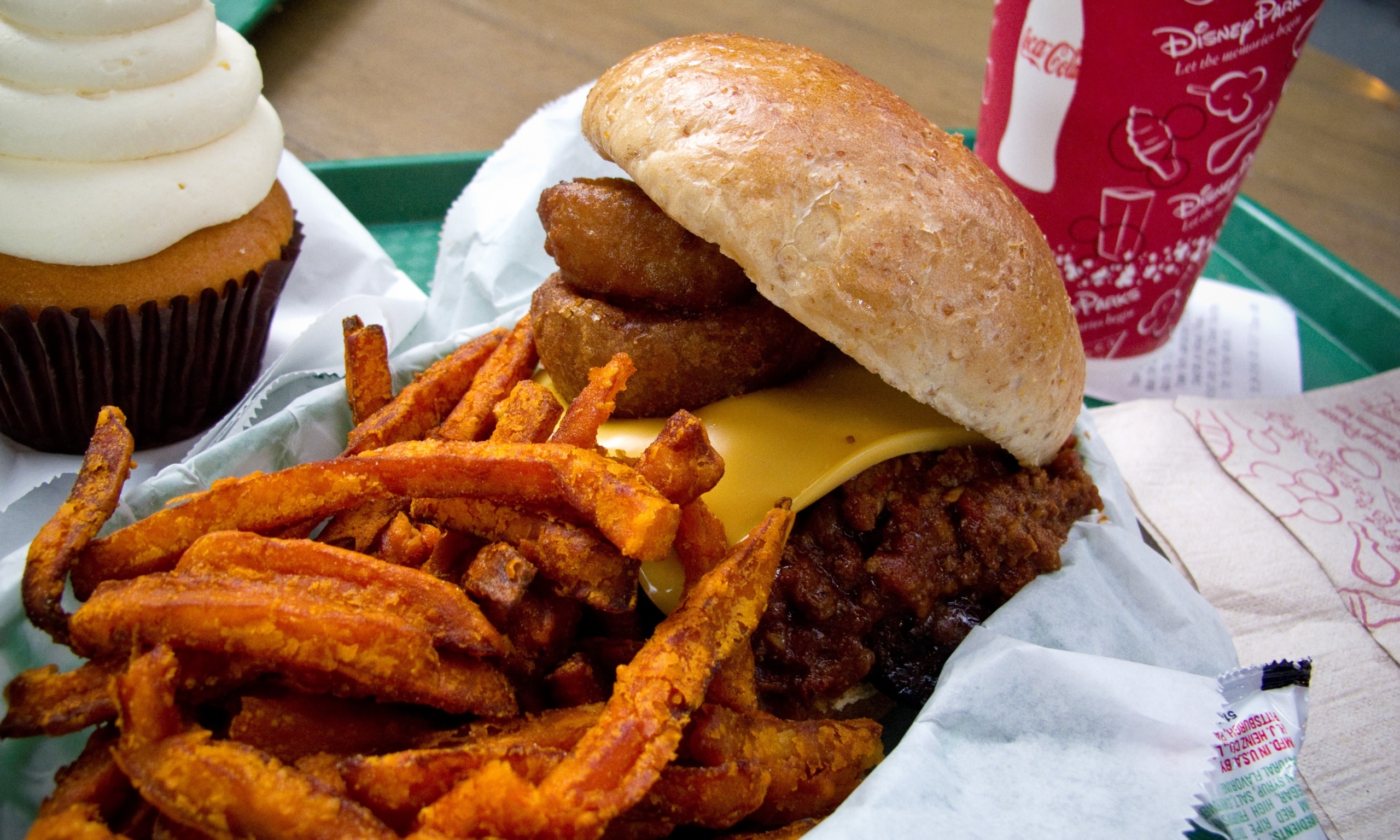Everyone knows that some foods are good and some bad. Good foods such as broccoli, kale, wheat germ, kidney beans, and prunes should be eaten in abundance. Contrarily, junk foods like cookies, chips, candy, sugary drinks, and ice cream are bad and ought not to be eaten. These are the rules of right nutrition. If we do allow ourselves to eat junk food, it is by way of exception to the rule. Perhaps we allow the occasional “guilty pleasure,” but even in this allowance we admit we are guilty of transgressing the rules of food morality.
It’s not surprising that few people live up to these rather rigorous rules. What is surprising is that so many accept that such rules are correct. Sure, there are some disputed cases—we can’t seem to make up our minds about eggs, for example—but in general we accept the precepts about which foods should and shouldn’t be eaten.
However, these rules don’t make a whole lot of sense. A moderately-sized slice of cheesecake contains approximately 800 calories, whereas a cup of celery contains just 18. Although celery contains nutrients that cheesecake lacks, the principal reason we eat is to acquire energy (calories) so as to continue living. This is what matters most, and cheesecake clearly does a better job than celery. Thus, contrary to the rules, in this respect cheesecake has a greater claim to the title of “good” than celery.
Ultimately, the only completely “bad” foods are things which are not really food at all. Glass and sand could be called “bad” since they don’t nourish the body (and in fact would probably damage it if ingested). Most everything we normally call “bad food” is actually good, since these foods provide the body with something it needs. Foods are simply good in different ways and to different degrees, but they are all good.
To be healthy, one cannot simply avoid certain foods and stuff himself with others. (Even eating too much kale could lead someone to become quite unhealthy). Rather, one must eat many different foods at the proper time in the proper amounts. Certainly, when just beginning to learn how to eat well, a few rules can be helpful. Further, regarding things that really should never be eaten (like plastic), following a rule will always work. Yet, just following these rules is not enough. Rules-based food morality which simply labels foods as “good” or “bad” oversimplifies the picture.
Instead of reducing food morality to a set of rules to be followed, one needs to attain a richer vision of nutritional moral action. Namely, one needs to understand three things: himself, the foods he could eat, and his goal. The goal is to be a healthy and fully-flourishing human. To reach this goal, he must understand himself well enough to know what he needs to eat, and he must understand food well enough to know which foods meet those needs.
Citrus fruits will not sit well with some people, so they should avoid them. Some have faster metabolisms than others, and their intake should be proportionate to their energy needs. Weightlifters need more protein than others, diabetics must moderate sugar, and pregnant women have all kinds of (sometimes surprising) needs to feed their growing babies. We need more than rules to navigate all our dietary moral quandaries. We need to know ourselves, and in this knowledge we will come to see what foods we should consume to be healthy.
Food morality is not about following rules; it’s about knowing how to become healthy/good and acting in accord with that knowledge. It’s not about being burdened under the yoke of rules, but about human flourishing. In fact, this doesn’t just go for food: all moral living works this way.
✠







